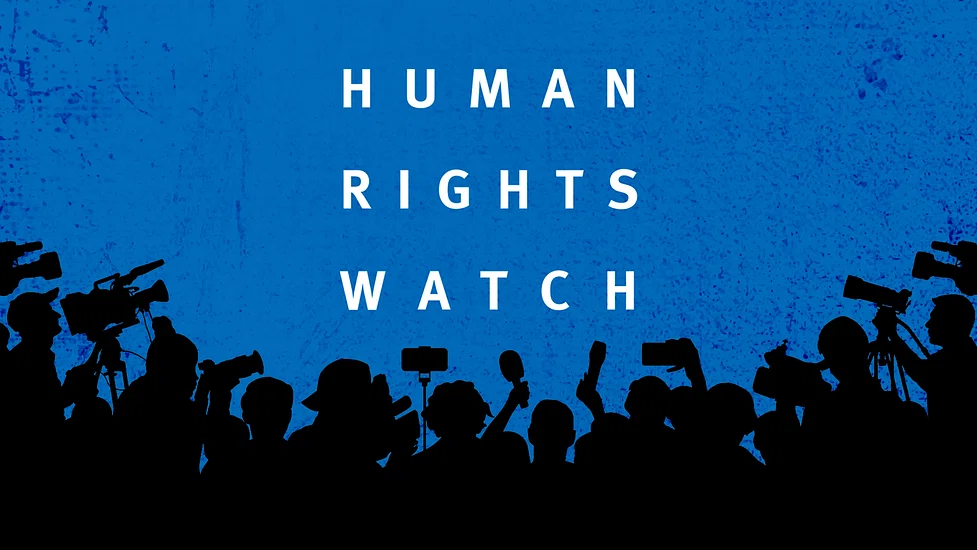Human Rights Watch on Wednesday urged Pakistani authorities to exercise restraint in their response to protests in Balochistan and called for the immediate release of individuals detained for participating in peaceful demonstrations. The organization also demanded the restoration of internet access in the region, highlighting concerns over civil and political rights.
According to Human Rights Watch, Since July 28, 2024, hundreds of people have been detained following the ‘Baloch National Gathering,’ a march organized to raise awareness about human rights issues in Balochistan.
“Some protesters reportedly clashed with security forces, resulting in the death of one soldier and injuries to others. Baloch activists have alleged that government security forces used excessive force to prevent protesters from reaching the port city of Gwadar, the endpoint of the march. Government authorities have imposed an internet shutdown on Gwadar.”
“Pakistani authorities should uphold the right to peaceful protest and assembly, and when nonviolent means prove ineffective, use only the minimum force needed,” said Patricia Gossman, Associate Asia Director at Human Rights Watch. “It’s vitally important for the authorities to protect protesters’ rights while preventing the situation in Balochistan from spiraling out of control.”
The Baloch National Gathering has highlighted demands for accountability in cases of enforced disappearances, which Human Rights Watch says have been a longstanding issue in Balochistan. The organization alleges that Pakistan’s security forces have used enforced disappearances to silence critics.
Human Rights Watch noted that the Human Rights Commission of Pakistan reported threats against the march’s organizers, warning them to call off the protest or face arrest or enforced disappearance. In response, protesters have blocked roads, demanding the release of their detained colleagues.
The organization referred to the United Nations Basic Principles on the Use of Force and Firearms by Law Enforcement Officials, which state that security forces must not use excessive force. “Firearms may only be used when other less harmful means are not practicable and must be used to the minimum extent necessary,” the organization noted. “Lethal force is justified only when unavoidable to protect life.”
Pakistani authorities have justified internet shutdowns as necessary for public safety and to curb misinformation. However, Human Rights Watch argued that such measures deny access to vital information, disrupt healthcare, and restrict journalists’ ability to report on the government’s response to protests. “International human rights law prohibits broad, indiscriminate, and indefinite restrictions on fundamental freedoms, including the right to free expression and to receive information,” Human Rights Watch stated.
Activists in Balochistan report that there have been 7,000 enforced disappearances in the province since 2004. The Commission of Inquiry on Enforced Disappearances in Pakistan has received thousands of complaints nationwide since 2011. Victims, often from marginalized communities, face the risk of torture and extrajudicial execution, with no government accountability for these disappearances.
“Balochistan has the highest number of enforced disappearances in Pakistan,” Gossman said. “Authorities have willfully ignored calls for accountability for years. They should end these abuses, prosecute those responsible, and provide redress for victims and their families.”

